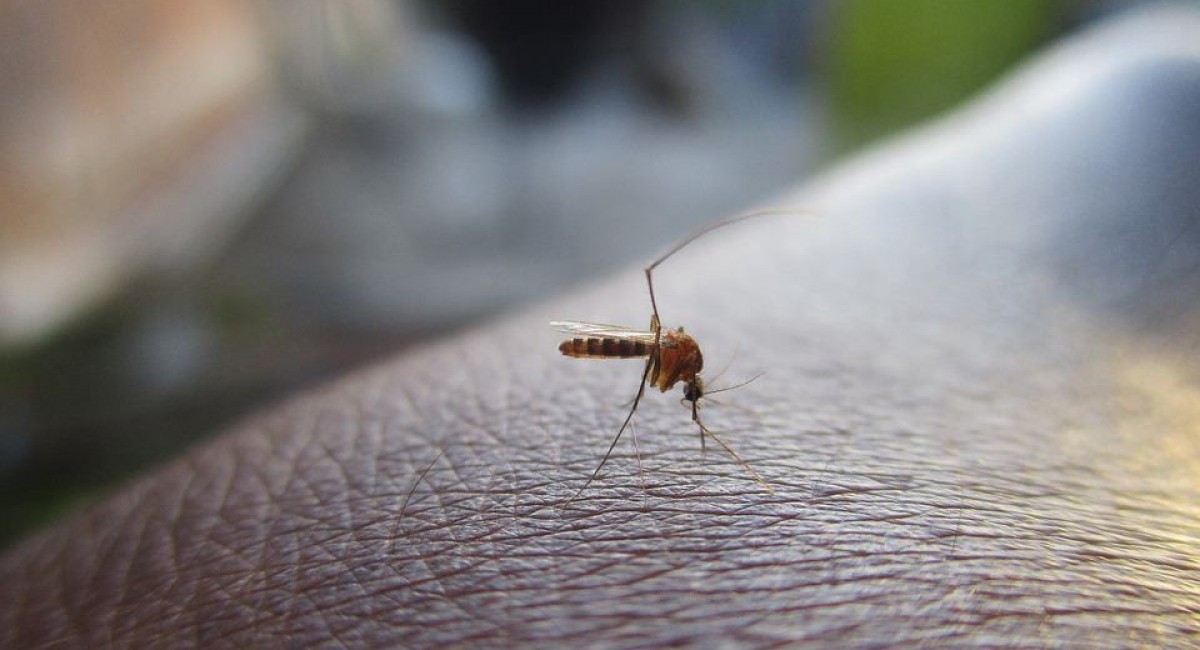SEARCH
US will release 2 billion genetically modified mosquitoes in Florida and California

SHARE IT
The US Environmental Protection Agency (EPA) has approved the use of Oxitec's genetically modified mosquitoes as part of a strategy to control the transmission of mosquito-borne diseases. A few days ago, after the completion of last year's pilot program, the British biotechnology company Oxitec announced that it had received approval from the EPA for its genetically modified mosquitoes.
Male insects were created to produce sterile offspring, with the aim of reducing their local populations and the incidence of mosquito-borne diseases (such as dengue fever, yellow fever, or Zika virus) in the states of Florida and California. When these male mosquitoes mate with female mosquitoes in an area, female larvae emerge that die before they reach adulthood. In this way, and since only female mosquitoes are known to bite and suck blood from humans, the mosquito population is doomed and ultimately does not survive.
This method is also known as the sterile insect technique, which has been used in the past to reduce and eliminate other harmful pests, such as flies. In addition, similar programs to create sterile male mosquitoes in other parts of the world, but using bacteria instead of genes, have yielded positive results showing significant success in reducing local mosquito populations and the rate of related communicable diseases. Brazil also formally approved the use of this modified mosquito population in 2020.
The EPA claims in its statements that the controlled release of genetically modified mosquitoes poses no danger to humans, animals or the environment. Of course, there have been some controversies, as Florida residents have protested and wondered if these mosquitoes pose a health or environmental hazard unknown at this time, arguing that there should be full transparency about the project. According to a document dating back to 2019, there were allegations about the population of genetically modified mosquitoes released in parts of Brazil that it had partially survived and spread its genes to the rest of the population. But there has never been any evidence of these allegations.
Following the local authorities and the US Environmental Protection Agency, Oxitec will now need to seek additional authorization from the relevant local regulators. This is not a given, as can be seen from the example of Texas in 2021, where the program never finally started, there is currently a relative pause.
MORE NEWS FOR YOU

 Help & Support
Help & Support 

